A Concise History of Classical Sanskrit Literature
The history of Sanskrit literature is by itself a fascinating subject in which not only students of language but also the intelligentsia in general find an abiding interest. This prompted the author to undertake the first edition of the book under the title, An Introduction to Classical Sanskrit, in a short compass in 1943. It is indeed a matter of gratification that the edition was exhausted in a rather short time, and there has been a persistent demand for a new edition of it. The present edition, however, is not just a reprint of the former; much new matter has been put into it and the whole book has been thoroughly revised and brought up-to-date. The scope of the book has also been suitably widened which will be evident from its rechristening A Concise History of Sanskrit Literature. Thus it will satisfy its users much more than its predecessor.
The impetus to the writing of the present work came from the students days of the author at Presidency College, Calcutta. The paucity of
suitable text-books on the subject intended for degree and post-graduate students of Indian universities and the difficulties which our
students experience in tackling the subject was felt by author himself in college life.
In the preparation of the book the author has freely consulted the two monumental works of M. Winternitz and A.B. Keith.
Indian tradition knows Sanskrit as the language of the gods, which has been the dominant language of India for a period covering over four thousand years. Viewed from its rich heritage of literature, its fascinating charm of words, its flexibility of expression in relation to thought, Sanskrit occupies a singular place in the literature of the world.
The book takes a look at the question whether Sanskrit was a living speech in ancient India. Or Sanskrit was the vernacular of all classes of people in the society or of any particular section or sections.
Then it goes on to study briefly the Great epics (Ramayana and Mahabharata), the Puranas, the
Tantras, post-Epic Kavya, Kavya in inscriptions, early Buddhist works in Sanskrit, court-epics, drama, lyric poetry, historical writings, prose literature, campu literature, grammar, poetics and dramaturgy, metrics, lexicography, civil and religious law, politics, erotics, medicine, astronomy, mathematics and astrology, miscellaneous sciences and philosophy.
This book contains an elaborate account of all branches of Classical Sanskrit Literature on the basis of literary, epigraphical and numismatical sources. In 23 chapters, each chapter dealing with a particular topic arranged chronologically. Chapter I-V are on the Epics, Puranas, Tantras, Post-Epic and Inscriptional poetry. Chr. VI deals with Early Buddhist works in Sanskrit. Chrs. VII-XII are related to the Court Epics, Drama, Poetry, Historical Writings, Prose and Campu literature. Chrs. XIII-XXI are related to the Court Epics, Drama, Poetry, Historical Writings, Prose and Campu literature. Chrs. XIII-XXI discuss Grammar, Poetics, Dramaturgy, Metrics, Lexicography, Civil and Religious Laws, Politics, Erotics, Medicine, Astronomy, Mathematics and Astrology. Chrs. XXII-XXIII treat miscellaneous sciences as well as Hindu Philosophical thought.
The book is documented with a critical apparatus. Beside notes and references it has an illuminating Introduction and index of authors and works.
Get it now and save 10%
BECOME A MEMBER

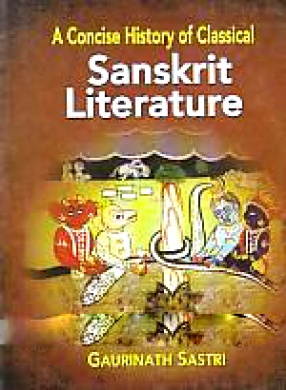
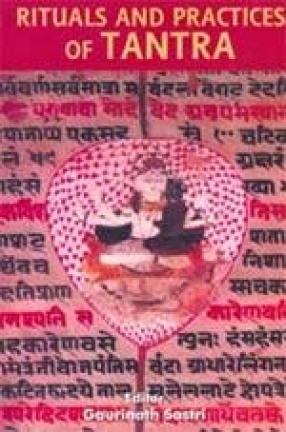
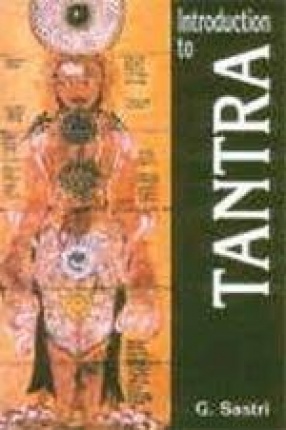

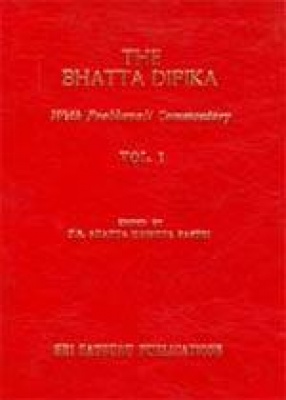

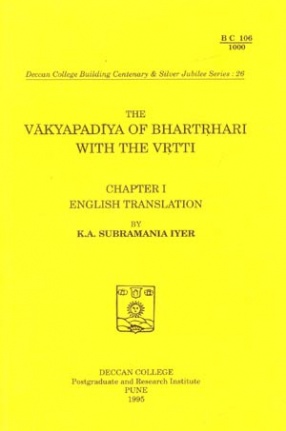
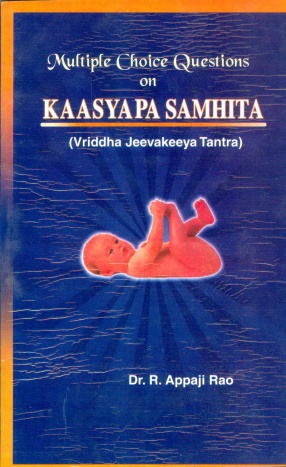

Bibliographic information